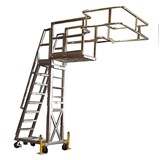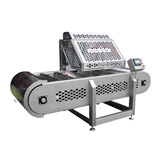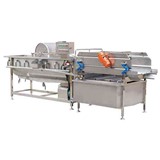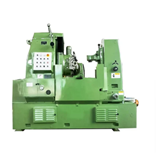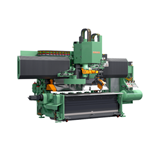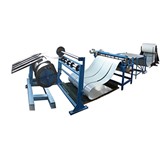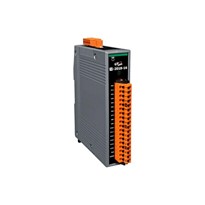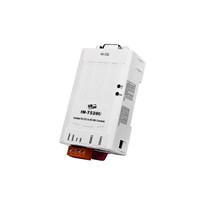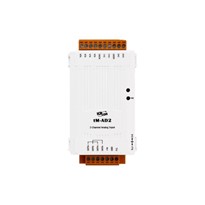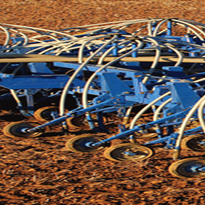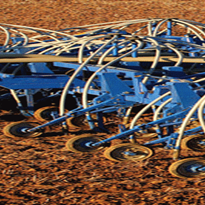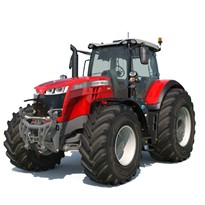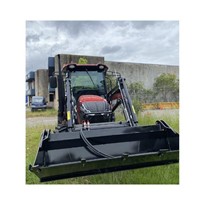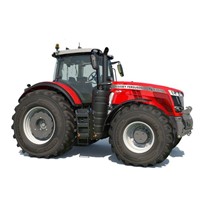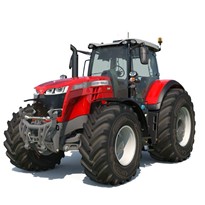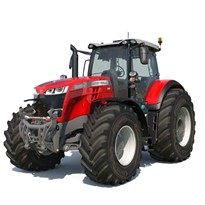The gross value of Australian agriculture increased to $61 billion in 2019-20 and it is forecasted to hit $80 billion by 2022-23. With around 65% of Australia’s total agriculture production being sent overseas as exports, the farming industry accounts for 1.9% of total value-added to the national GDP. However, the Australian agriculture industry is not only large in terms of financial contribution, but it is also extremely versatile and dynamic. The Australian agriculture sector produces a variety of different commodities, including cereal, dairy, livestock, fruit, vegetables, wool, seafood, etc. Furthermore, the industry accounts for 87,800 businesses, 377 million hectares of land use, and 2.5% of national employment. Hence, the Australian farming industry is an undermined sector that contributes immensely to Australian livelihoods.
Considering present challenges, such as COVID, floods, and supply chain limitations. Local farming businesses need to be guided in implementing new technologies that can sustain the growth and diversification of the industry. Whereby, an information-savvy agricultural sector will provide local agriculture businesses with more control over changing global conditions.
Currently across the globe, farmers have access to data processing technology. With data processing technology farmers can centralise information and enable data sharing which allows them to: make well-informed decisions, have effective risk management, undertake research and development activities, shape capital, and streamline operations to make effective use of labour. For example, farmers are using data tracking to analyse ground points to maximise crop yielding.
ICP Electronics Australia offers a huge range of data acquisition and control modules to manage large quantities of data effectively and allow for accurate decision-making. This is inclusive of board-level DAC products, modular DAC products and an extensive range of serial connection signal conditioning. Ultimately, allowing farmers to manage information regarding temperatures, power, etc.


.jpg)

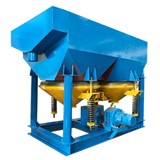

-160x160-state_article-rel-cat.png)

-160x160-state_article-rel-cat.png)
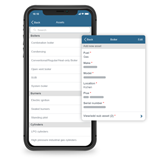


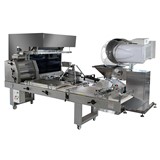

-160x160-state_article-rel-cat.jpg)






